Wisconsin Elections Commission votes to let smaller communities hand count ballots
A decision by the Wisconsin Elections Commission would allow communities with fewer than 7,500 people can hand count ballots, but they must still comply with federal law and provide at least one electronic voting machine at a polling location to accommodate voters with disabilities.
Associated Press
May 30, 2025
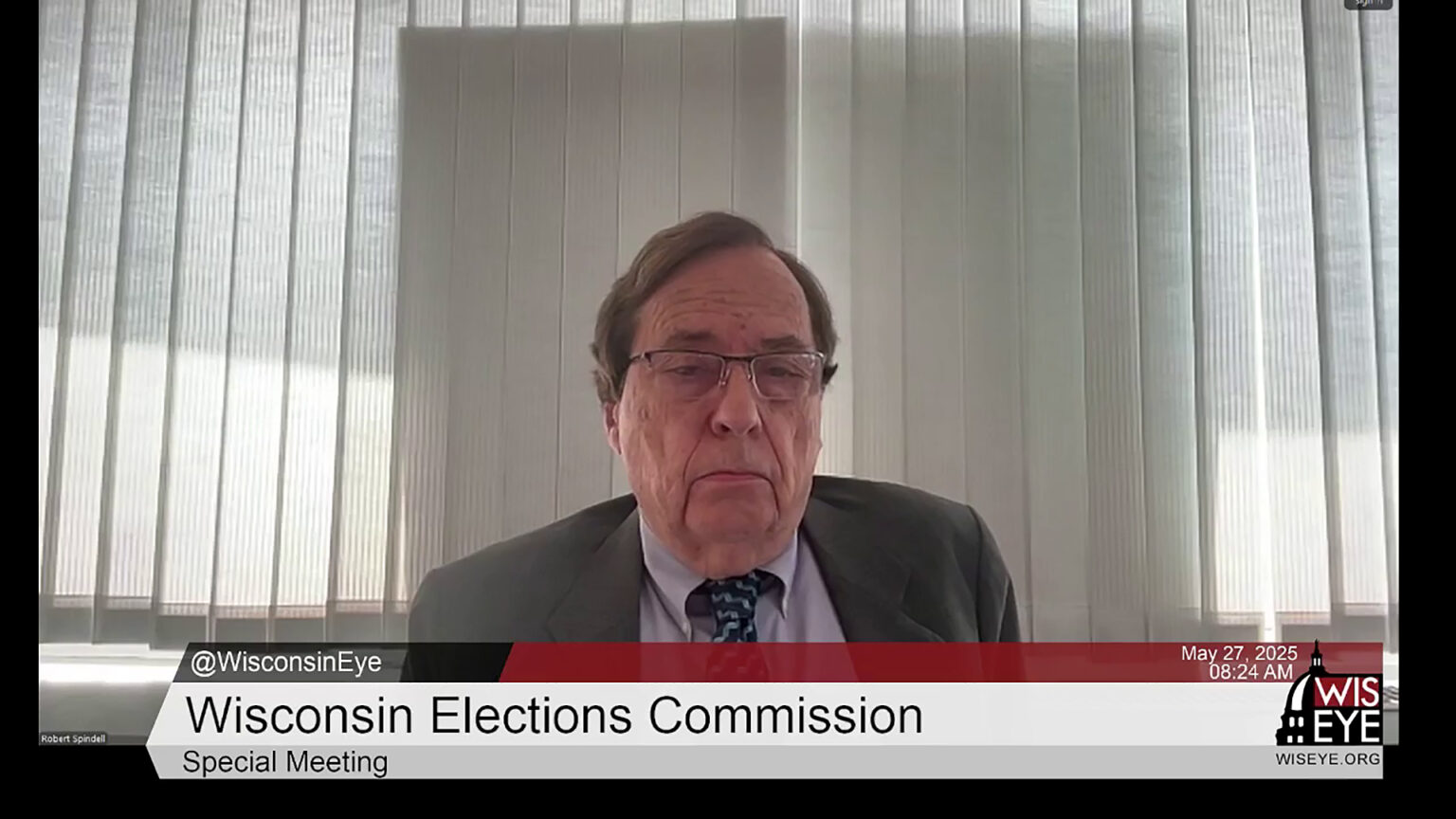
Wisconsin Elections Commission member Bob Spindell participates in a special meeting on May 27, 2025. The commission voted to allow communities in the state with fewer than 7,500 people to hand count ballots. (Credit: Courtesy of Wisconsin Eye)

MADISON, Wis. (AP) — Wisconsin communities with fewer than 7,500 people can hand count ballots under a decision by the state elections commission on May 27.
However, under the Wisconsin Elections Commission decision, those communities and all other Wisconsin towns, villages and cities must still comply with federal law and provide at least one electronic voting machine at a polling location to accommodate voters with disabilities.
The commission’s decision came in reaction to a complaint against the northwestern Wisconsin town of Thornapple, population about 700, over its decision to hand count ballots in the April 2024 presidential primary or the August state primary. The decision also comes as a federal lawsuit over Thornapple’s decision not to have an accessible voting machine continues.
A federal judge in October sided with the U.S. Department of Justice and ruled Thornapple was violating 2002’s Help America Vote Act, or HAVA. The judge ordered the town to offer disabled people accessible voting machines. An appeal by the town is pending.
Under the commission’s decision on May 27, communities with fewer than 7,500 people can choose to have no other electronic vote-casting or tabulating machines other than one for disabled voters.
Elections commission staff determined state law makes it optional for communities with fewer than 7,500 people to provide voting machines in every ward in every election. The law says those communities may “adopt and purchase voting machines or electronic voting systems for use in any ward … at any election.”
Republican commissioner Bob Spindell said the decision will give smaller communities more flexibility, especially in low-turnout local elections. But But Democratic Commissioner Ann Jacobs, who cast the lone no vote, said she worried small communities could game the system by selling voting machines purchased with funding from a state grant and then keep the money.
The complaint against Thornapple was filed by the liberal law firm Law Forward on behalf of two Thornapple residents. A spokesperson for the law firm did not immediately return an email seeking comment on May 30. The commission’s decision could be appealed to circuit court.
 Passport
Passport





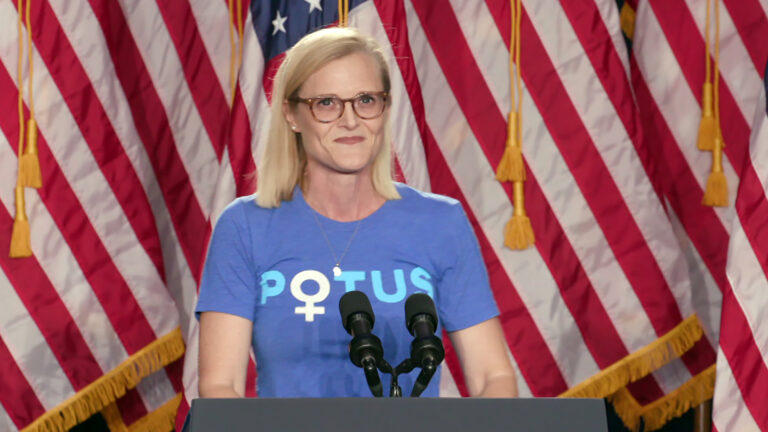
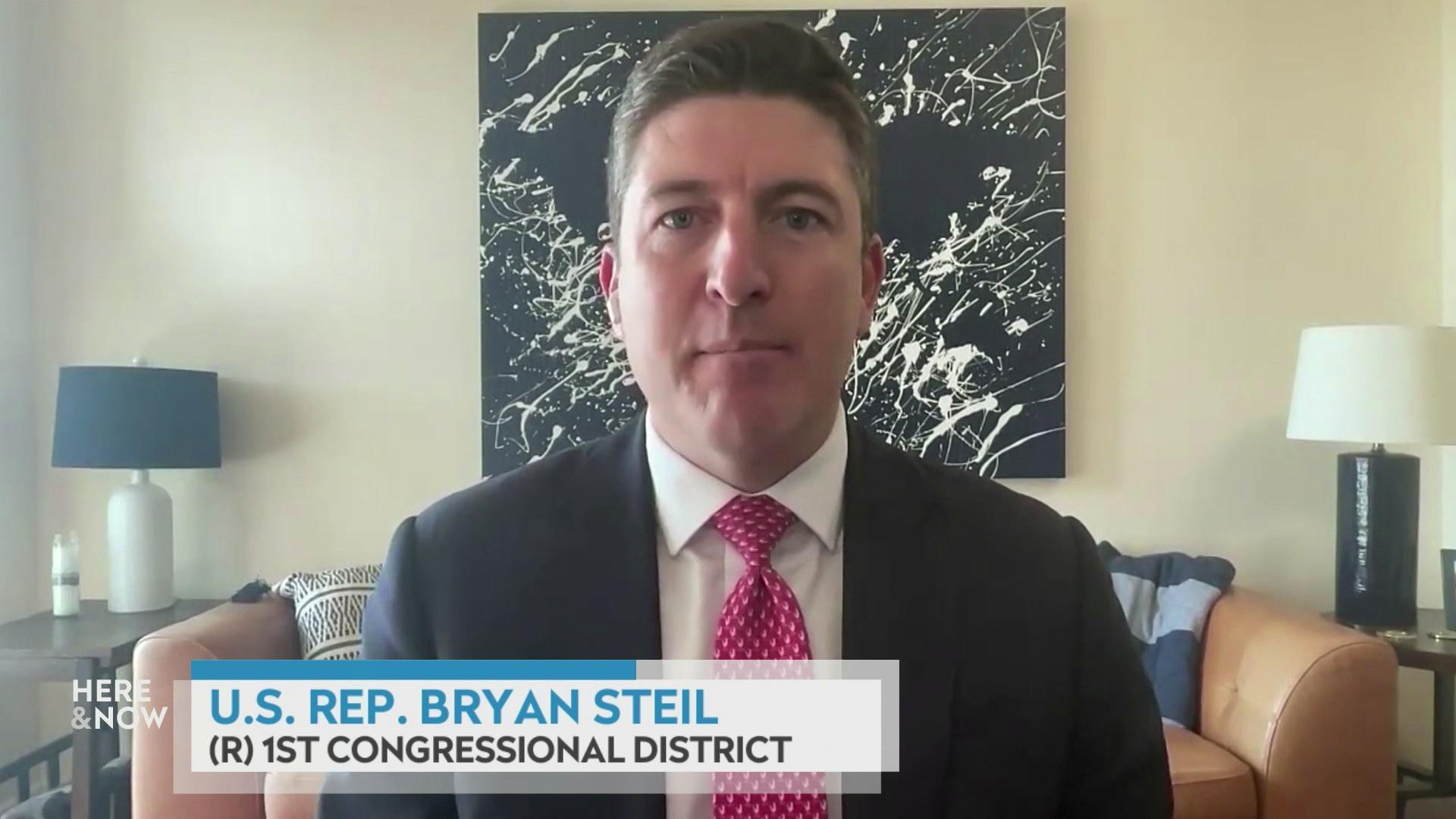

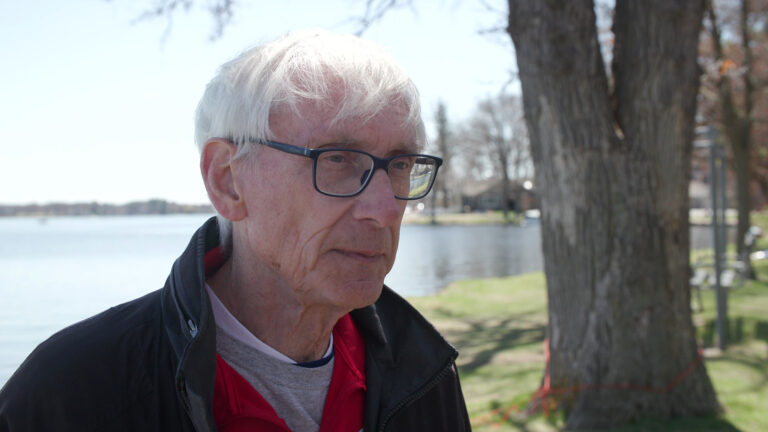
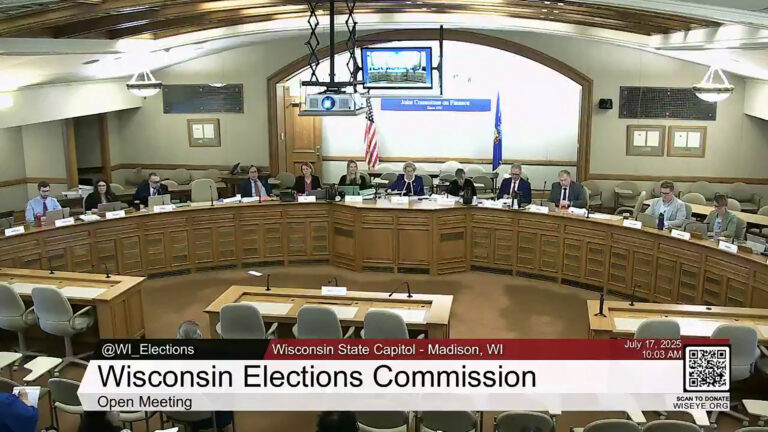

Follow Us